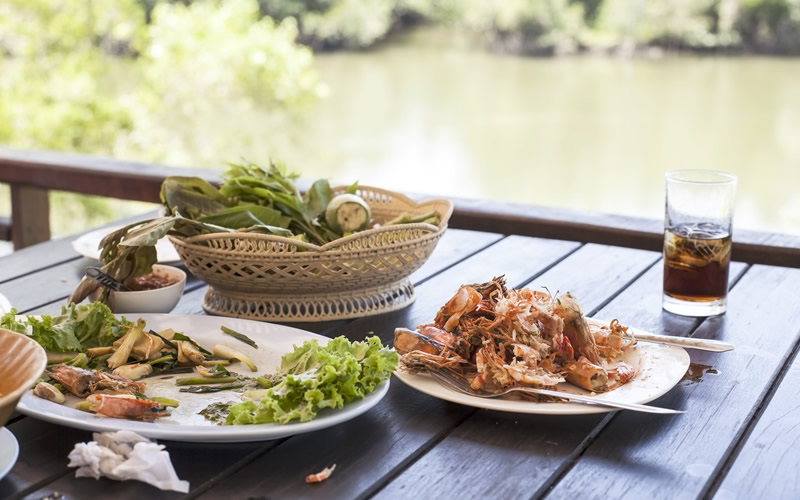12 Things You Should Never Compost

Composting is a great solution for every household! It can divert up to 500lbs of organic matter from going to waste by using what is nature’s way of recycling [1]. By composting at home for just one year, you can save global warming gases equivalent to all the CO2 your kettle produces annually, or all the CO2 your washing machine produces in three months [2].
The advantage of composting is that air and oxygen can help the waste decompose. In contrast, when waste is sent to landfill, air cannot get to the organic waste. Therefore, as waste breaks down it creates a very potent greenhouse gas, methane, which is damaging for our environment.
This does not occur when the same waste is composted above ground at home, as oxygen helps the waste to decompose aerobically. What is even greater is that after nine to twelve months, you get a free fertilizer for your garden and plant pots to keep them healthy and looking beautiful.
But there are some basic rules to follow to make sure composting works and that the materials have fully decayed and are ready to be used in the soil. By ensuring you only compost the right kind of materials, you will get a good quality compost as well as avoid attracting vermin or insects.
Here are 12 things you should never compost:
#1 Bread products
This includes any kind of cake and pasta and most baked goods. Putting any of these items in your compost pile will attract unwanted pests so it should be avoided.
#2 Grease and oils
Oils of any kind, including in particular cooking oil, smell like food to animals and insects so they will be attracted to your compost.
In addition, these products can also upset the compost’s moisture balance.
#3 Diseased plants
They should be put in the bin as you will not want to transfer the fungal or bacterial disease or infection of those plants to your finished compost which will be used to grow other plants, flowers or vegetables.
#4 Cooked leftovers
Cooked vegetables, meat or fish products or waste, such as bones, fat, gristle, skin, etc. can attract pests, so it’s not recommended to put them to your compost pile.
#5 Dairy products
Dairy products, such as cheese, butter, cottage cheese, yogurt, cream cheese, sour cream, are attractive to pests. However, it must be noted that food products mentioned in (4) and (5) can be composted by using a Kitchen Composter.
Most kitchen composters create a fermentation process in just a few days, the material then can be safely composted in a home compost container or compost heap without attracting vermin [3].
#6 Walnuts
Walnuts contain juglone, a natural aromatic compound which is toxic to some plants.
#7 Rice
Cooked rice creates a fertile breeding ground for the kind of bacteria that you don’t want in your compost.
#8 Colored and glossy paper
While plan white paper and newspapers can be used in composting, anything that is heavily coated or glossy like a magazine or wrapping paper should be recycled instead.
This is because the ink on the paper will not break down and you may end up with chemicals in your compost.
#9 Ashes including both coal and charcoal
Ashes may contain additional contaminants or materials that are toxic to plants.
#10 Human or animal waste
Pet droppings including cats’ litter boxes as well as baby diapers should not be included in the compost as this can create a health risk due to the potential disease organisms that they may contain.
#11 Acidic items
Acidic items include any citrus fruits or tomato products and pickles. These products shouldn’t be composted because the acid can kill the good bacteria that you will have worked very hard to get to grow in your compost.
#12 Stubborn garden plants
This includes dandelions, ivy and kudzu which rather than decomposing in a compost would actually grow further.
Now that you are fully armed with the knowledge of what you should not compost, go on – get your compost on!
References
[1] http://www.earthmachine.com/what_is_composting.html
[2] http://www.getcomposting.com/composting_guide.html
[3] http://www.straight.co.uk/products/home-composting/kitchen-composter/
[4] http://www.homecompostingmadeeasy.com/foodscraps.html
[5] http://goo.gl/0JOfT

